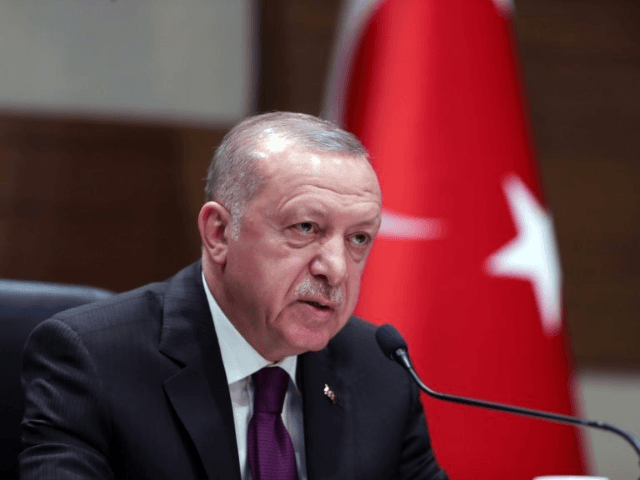The European Commission has slammed the Turkish government over its Navtex alert issued earlier this week for seismic research off of the coast of a Greek island.
The Commission released a statement on Tuesday criticising the alert, which confirmed that a Turkish research vessel would begin a survey for resources in an area Greece claims is part of an exclusive economic zone (EEZ).
Nabila Massrali, a spokeswoman for the Commission, stated according to Greek newspaper Kathimerini: “Turkey’s announcement of a new Navtex for seismic research in the eastern Mediterranean is not useful and sends the wrong message.”
Greece, meanwhile, issued its own Navtex alert in response, stating that the Turkish warning had been issued by an “unauthorised station” and that it was invalid. It said the Turkish message referred “to unauthorised and illegal activity in an area that overlaps the Greek continental shelf”.
Navtex is a service for delivering navigational and other maritime warnings.
The Turkish Navtex was also followed by an estimated 15 of the country’s naval vessels leaving one of the country’s ports. This subsequently led to Greece placing its armed forces on high alert as the country saw 82 violations of its airspace by Turkish fighter jets on Tuesday.
On Tuesday evening, German Chancellor Angela Merkel is said to have spoken with Turkey’s President Recep Tayyip Erdogan and Greek Prime Minister Kyriakos Mitsotakis about the rising tensions in the Eastern Mediterranean, with tabloid Bild claiming that the discussions led to Turkish vessels heading in a different direction.
Greece Puts Armed Forces on Alert as Turkish Offshore Resource Exploration Raises Tensions https://t.co/mnVphhlTuV
— Breitbart London (@BreitbartLondon) July 22, 2020
The tabloid credited the German Chancellor’s “brave intervention”, which it said staved off a potential military conflict between the two NATO members, likening the situation to the Cuban missile crisis between the United States and the Soviet Union in 1962.
A source close to the Hellenic National Defence General Staff (GEETHA), however, has claimed that the situation is “unchanged” and that the Greek navy is monitoring the Turkish naval movements.
Greek Prime Minister Kyriakos Mitsotakis is also said to have discussed the issue of Turkey’s actions in the Eastern Mediterranean with Russian President Vladimir Putin in a phone call on Wednesday afternoon.
The two leaders, whose countries both have large populations of Orthodox Christians, also allegedly discussed the Turkish move to convert the Hagia Sophia into a mosque.
In a recent poll, Greeks said they were not happy with the Russian government’s and European Union’s reactions to the conversion of the former Orthodox cathedral, which was turned into a museum in the 1930s after serving as a mosque since the Turkish conquest of Constantinople.

COMMENTS
Please let us know if you're having issues with commenting.